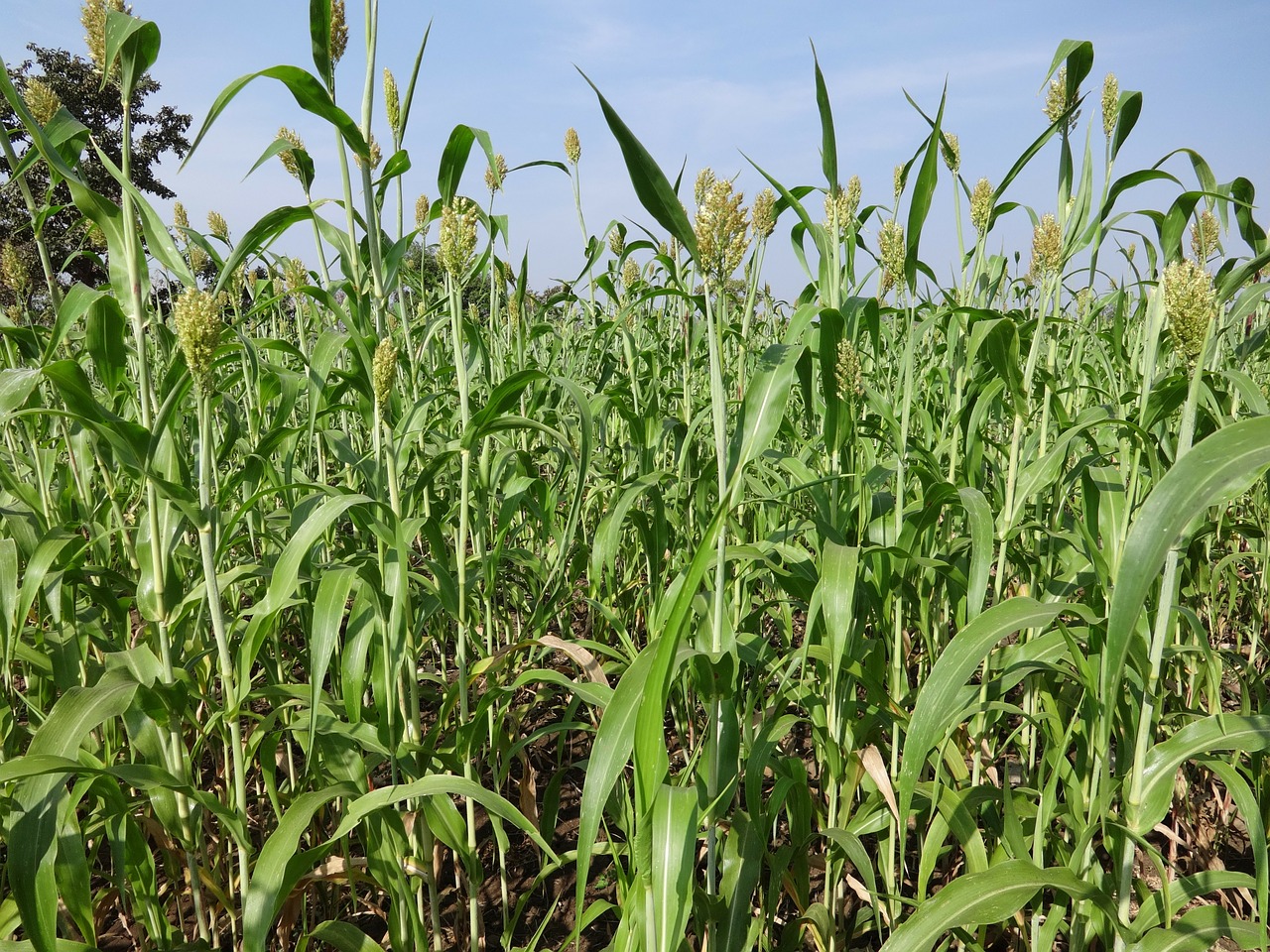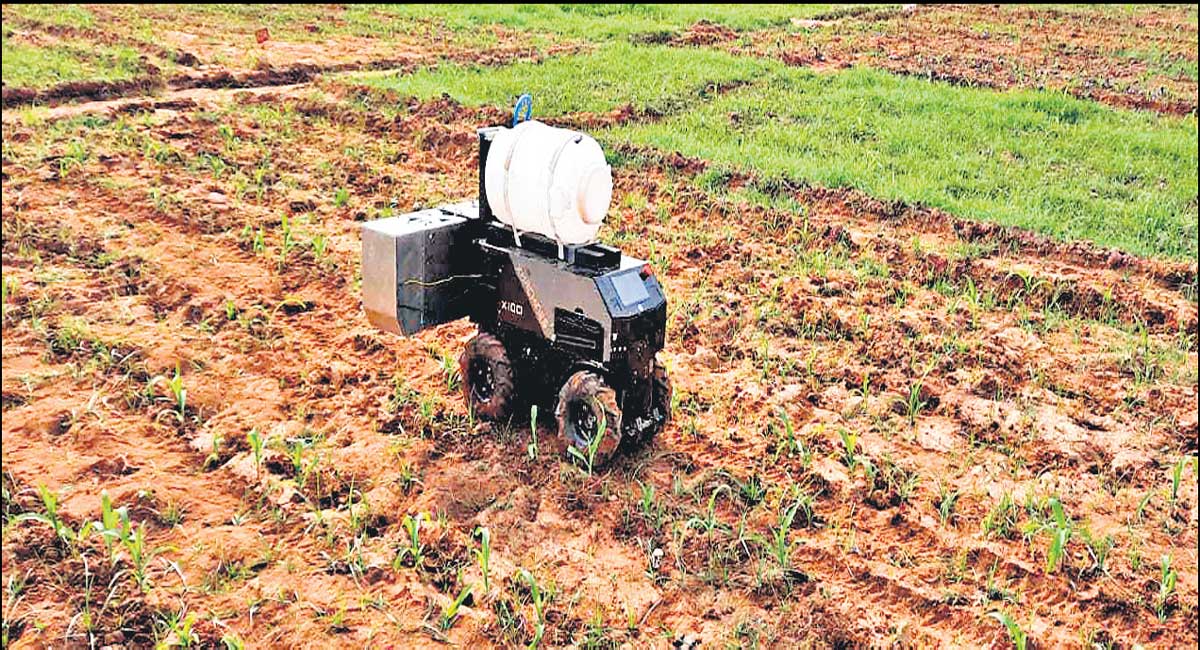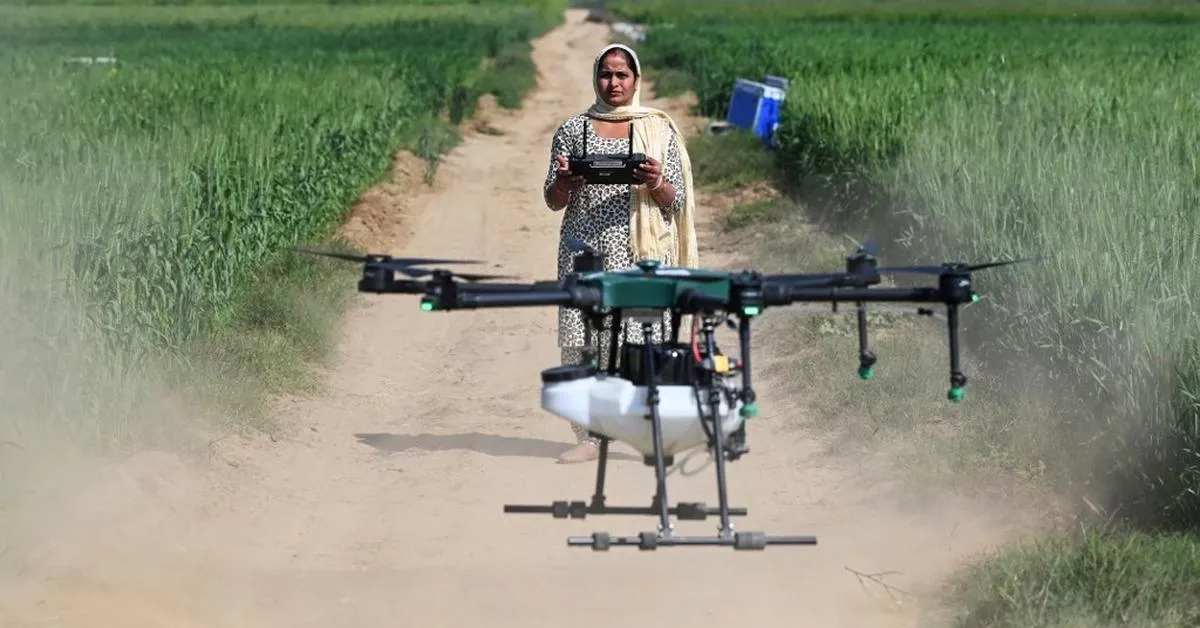Catalyzing Agricultural Transformation: India’s Policy Landscape for AI and IoT Integration
India stands at the cusp of a technological revolution in agriculture, driven by a robust policy framework that seeks to harness artificial intelligence (AI) and Internet of Things (IoT) solutions for inclusive and sustainable growth. The government’s strategic vision, articulated through landmark initiatives and regulatory reforms, is shaping an ecosystem where innovation meets the realities of rural India. This section explores the contours of India’s policy content, highlighting research-backed strategies, regulatory safeguards, and expert perspectives that are steering the nation’s agri-tech trajectory.
Strategic Vision: National AI Strategy and Digital India
The National Strategy for Artificial Intelligence, released by NITI Aayog in 2018, sets a clear agenda for leveraging AI to address India’s most pressing developmental challenges, with agriculture as a central pillar. The strategy emphasizes “AI for All,” focusing on enhancing farm productivity, optimizing resource use, and ensuring food security. Complementing this, the Digital India initiative has expanded broadband connectivity and digital infrastructure to rural areas, laying the groundwork for AI-powered solutions to reach millions of farmers.
A notable example is the integration of AI-driven analytics in the Pradhan Mantri Fasal Bima Yojana (PMFBY), India’s flagship crop insurance scheme. By utilizing satellite imagery and remote sensing, the scheme expedites claim assessments and reduces fraud, directly benefiting smallholder farmers. Similarly, the Paramparagat Krishi Vikas Yojana (PKVY) supports organic farming through digital monitoring and traceability tools, promoting sustainable practices.
Regulatory Safeguards: Balancing Innovation with Accountability
As AI adoption accelerates, the Indian government has enacted regulatory frameworks to mitigate associated risks. The Information Technology (IT) Rules, 2021, and the Digital Personal Data Protection (DPDP) Act, 2023, establish foundational safeguards for data privacy, consent, and the prevention of misinformation—critical concerns in the context of AI-driven agricultural platforms.
However, Indian policy experts, such as Dr. Subhashis Banerjee of IIT Delhi, caution that “while current regulations address data protection, sector-specific guidelines for AI in agriculture are urgently needed to ensure transparency and accountability.” The absence of comprehensive AI-specific legislation leaves gaps in areas such as algorithmic bias, liability, and explainability, especially as AI systems increasingly influence farm-level decisions.
The government’s recent call for proposals to develop India-specific AI foundation models underscores a commitment to technological sovereignty and context-aware innovation. This move aims to reduce dependence on foreign AI models and foster a homegrown ecosystem tailored to India’s agricultural diversity.
Fostering Innovation Ecosystems: Public-Private Partnerships and Research
India’s policy approach recognizes that scaling AI and IoT in agriculture requires collaboration across government, academia, industry, and civil society. Initiatives such as the Atal Innovation Mission (AIM) and Startup India provide funding and incubation support for agri-tech startups developing AI-powered solutions—from disease detection to precision irrigation.
A successful example is the partnership between the Indian Council of Agricultural Research (ICAR) and Microsoft, which piloted an AI-based sowing app in Andhra Pradesh. The app delivered personalized advisories to farmers, resulting in a reported 30% increase in crop yields. Such collaborations exemplify how policy-driven incentives can accelerate the translation of research into real-world impact.
Additionally, the government’s support for indigenous AI research is evident in its push for open data platforms and interoperability standards, enabling startups and research institutions to build scalable, context-relevant solutions.
Inclusive Design: Bridging the Digital Divide
Ensuring equitable access to AI technologies remains a policy priority. The Digital Saksharta Abhiyan (DISHA) aims to enhance digital literacy among rural populations, creating a foundation for the adoption of AI-enabled tools like Kisan Know. Policy guidelines increasingly mandate the use of multilingual, voice-based interfaces and pictorial guides to accommodate users with low literacy and diverse linguistic backgrounds.
Women farmers, who constitute nearly 33% of India’s agricultural workforce, often face unique barriers in accessing technology. Government and NGO-led training programs are being tailored to address these gaps, with community-based dissemination models proving effective in states like Maharashtra and Odisha.
Expert Perspectives: Indian Thought Leadership on AI Policy
Indian institutions and experts are shaping the discourse on responsible AI deployment in agriculture. Dr. Neeta Verma, former Director General of the National Informatics Centre, emphasizes, “AI policy must be rooted in India’s socio-economic context, prioritizing transparency, inclusivity, and farmer empowerment.” The Indian Institute of Science (IISc) and IITs are actively contributing to AI ethics frameworks and indigenous technology development.
—
India’s policy architecture for AI in agriculture is evolving rapidly, balancing innovation with inclusivity and accountability. By fostering research, enabling public-private partnerships, and embedding ethical safeguards, the government is laying the foundation for a resilient, tech-enabled agricultural future.














